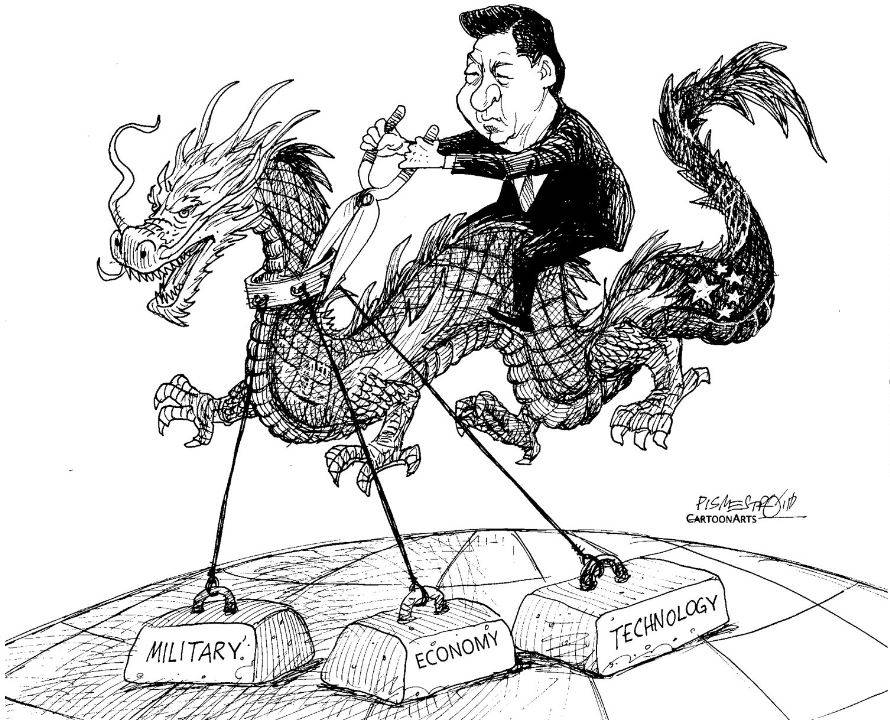The "Quad," as its recent virtual summit underscored, has come a long way in cementing a strategic coalition of the leading democracies of the Indo-Pacific region. Comprising Australia, India, Japan and the United States, it has gradually sharpened its edges since 2019 in response to China’s aggressive expansionism.
Yet, when Joe Biden was elected, there was uncertainty over the Quad’s future, including whether the new U.S. president would carry forward his predecessor’s “free and open Indo-Pacific” strategy based on the concept authored by then-Prime Minister Shinzo Abe in 2016. Even the term “Indo-Pacific” was conspicuously absent in Biden’s presidential campaign statements and the 2020 Democratic Party Platform.
Only after being sworn in as president, Biden began speaking about a “free and open Indo-Pacific.” He then took the initiative for the first-ever Quad summit. This is a testament to the fact that the Biden administration inherited a coherent and realistic strategy on the Indo-Pacific.



